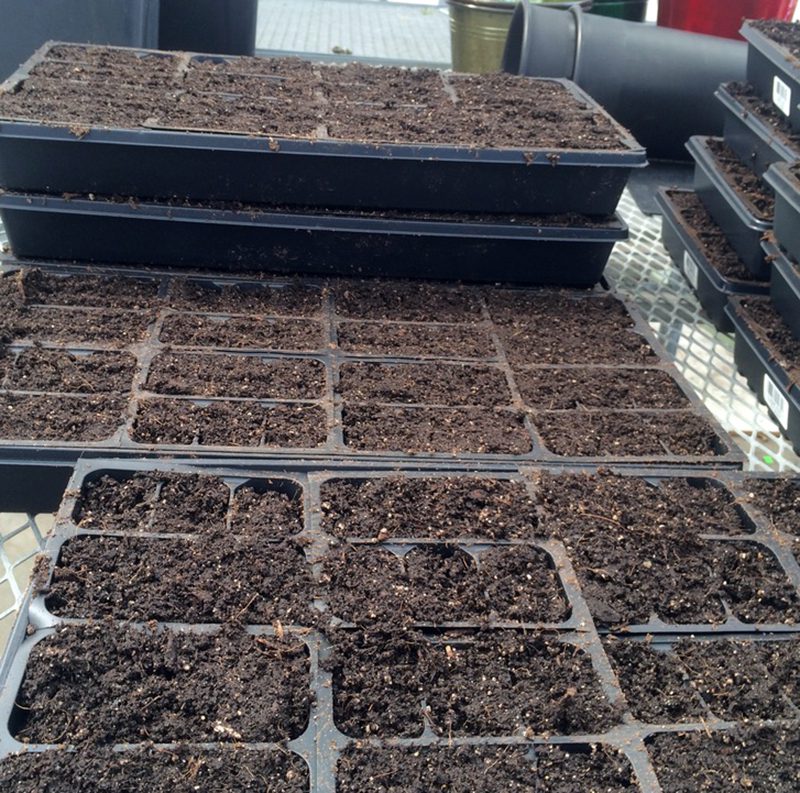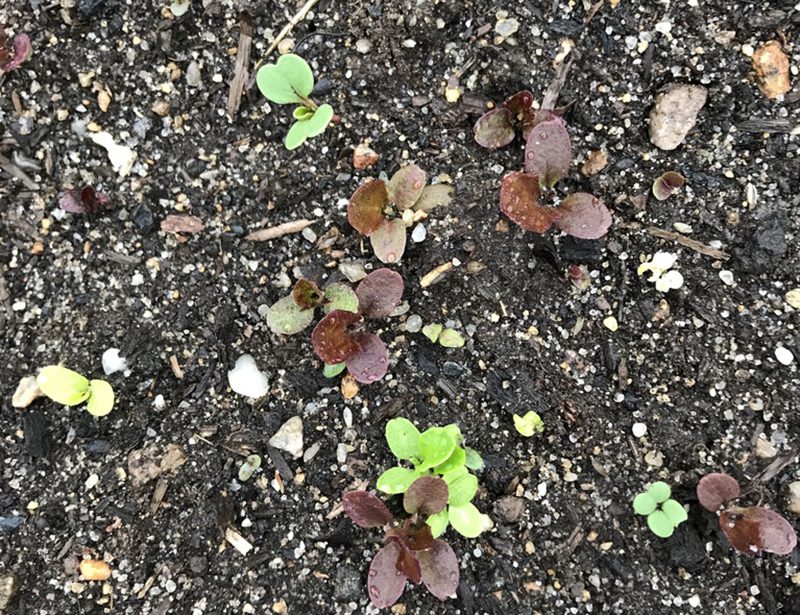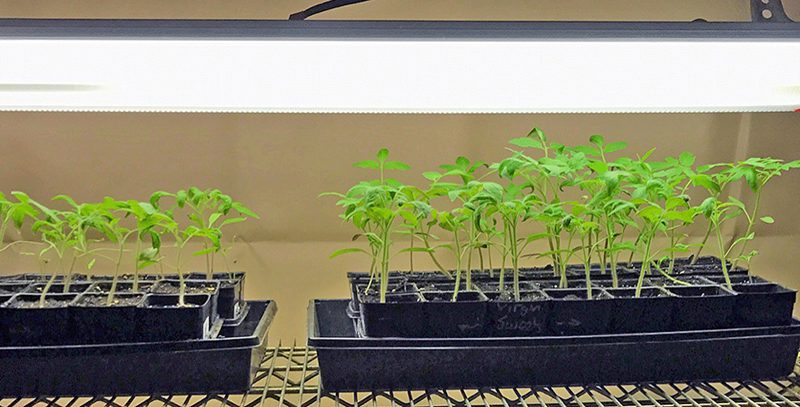Why Some Seeds Don’t Germinate
Why Some Seeds Don’t Germinate
You say that you’ve planted seeds and they didn’t come up? Whether seeds are being grown indoors or directly in the soil outside, there are many factors that influence their germination. Here are some tips for success when planting seeds.
- Read the seed packet to see if what you are planting requires any special treatment in order to sprout. Some seeds need a chilling period (usually a month or two, planted in soil outdoors in February and March), others require darkness (covering with soil), or exposure to light (sprinkle on top of the ground.) Some seeds sprout best after soaking in water overnight. If a seed requires any special growing conditions, the packets will usually mention it.
- Be sure not to plant seeds for summer-loving plants too early on Cape Cod. Our soils stay cold well into May, and seeds such as beans or zinnias will just rot if they are planted in the cool, wet ground. Usually once the night time temperatures are reliably above 50 the soil will be warm enough for speedy germination. On Cape Cod that often happens in late May or even early June.
- Keep the ground or potting mix moist but not swampy wet. Water seeds in well as soon as you plant them, then monitor where they are planted to be sure the area doesn’t dry out. Seeds planted in pots or flats can be covered with plastic wrap or a recycled plastic bag to hold moisture in the potting mix until the seedlings appear. Remove plastic as soon as you see sprouts.
- Sometimes new seedlings are eaten by slugs or earwigs when they are tiny, so the person who’s planted seeds believes the seeds never germinated. Check the areas where you’ve planted seeds daily. If you’re growing directly in the soil, dust the emerging green seedlings with diatomaceous earth (aka DE) when they appear. This will protect them when they’re most vulnerable. Repeat dusting (but not on a windy day – you don’t want to breath in the fine DE) after a rainfall until the plants have two or three sets of leaves.
- Some seeds germinate quickly, but others take time. A seed packet will tell you approximately how long typical sprouting will take. In general, annuals germinate faster than perennials.



Posted in Uncategorized
Subscribe To Our Newsletter
Sign up for our weekly email about sales and events.
